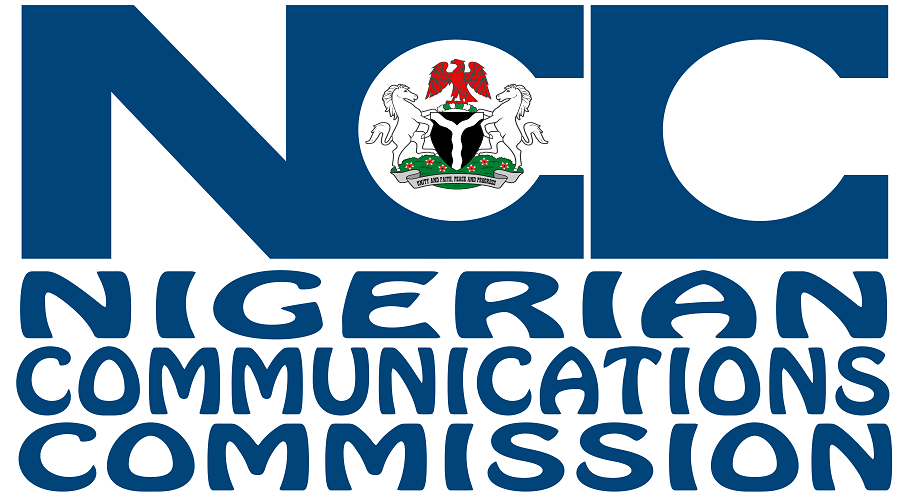The Nigerian Communications Commission (NCC) has in the exercise of the powers conferred upon it by Section 70 of the Nigerian Communications Act, 2003 and other enabling powers in that regard, made and released Guidelines on National Roaming services.
Released last month, DigitalTimesNG understands that the Guidelines are intended to give effect to the provisions of licenses that permit the licensees to enter into agreements for the purpose of providing National Roaming services in Nigeria, subject to the prior approval of the Commission.
“These Guidelines are designed and developed to encourage National Roaming between Roaming Providers and Roaming Seekers within a predetermined framework to remove uncertainty and ensure seamless communication across all networks in Nigeria,” the released National Roaming Guidelines read in part.
The NCC said the objective of these Guidelines is to prescribe a regulatory framework for the implementation of National Roaming services in Nigeria, noting that the Guidelines shall in scope, apply only to holders of licences validly issued by the Commission, containing a condition that makes the holder eligible to enter into a national roaming service agreement.
While stating that the National Roaming services shall be provided within the geographical boundaries of Nigeria, the Commission said that “These Guidelines are to be read in conjunction with the Act, the Collocation Guidelines, Interconnection Regulations, Quality of Service Regulations, Competition Practices Regulations, other subsidiary legislations that may be issued by the Commission from time to time, and relevant Licence Conditions.”
On the procedure for National Roaming, the NCC disclosed among other provisions in the Guidelines that “duly authorised Service Providers shall request and negotiate National Roaming Agreements with each other on bilateral and non-discriminatory terms;
“A Roaming Seeker requesting for National Roaming services shall forward a duly completed Roaming Request Form A contained under Schedule 1 of these Guidelines to the Roaming Provider;
“A Roaming Provider shall notify the Roaming Seeker of its approval or rejection of the Roaming Request in line with the procedure stated under Sub-paragraph (5) and (6) below;
“Where the Roaming Seeker receives no response from the Roaming Provider within 15 days of its request, the Roaming Seeker shall immediately notify the Commission in writing, and the Commission shall take necessary steps to ensure the Roaming Provider responds to the Roaming Request.”
The Guidelines further revealed that where the Roaming Request is approved, the Roaming Provider shall within 15 days of receipt of the Roaming Request; notify the Roaming Seeker of its acceptance by completing the relevant section of the Response to Roaming Request Form B contained under Schedule 1 of these Guidelines.
“Parties shall thereafter, enter into a Non-Disclosure Agreement and commence negotiations of the terms of the National Roaming Agreement.
“Parties shall conclude negotiations on the terms of the National Roaming Agreement and execute same within 60 days from receipt of the Roaming Request.
“Parties shall ensure that the National Roaming Agreement is submitted to the Commission for review and approval, prior to registration, within 14 days of execution by parties.
“If within 15 days from the date of submission the Commission does not act on the National Roaming Agreement, such shall be deemed approved and registered,” the NCC further stated in the Guidelines,” the Guidelines read in part.
The Commission said it reserves the right to request for additional information or amendment of relevant parts of the National Roaming Agreement in order to comply with the provisions of the Act, these Guidelines, and any other relevant subsidiary legislation or regulatory instrument.
While warning that all negotiations for Roaming must be done in utmost good faith, the Commission warned that neither party shall Obstruct or delay negotiations; Refuse to provide information relevant to an agreement including information necessary for the required cluster; Refuse to designate a proper representative to expedite negotiation, and the National roaming services shall commence within 90 days from receipt of the Roaming Request.
The NCC further stated in the released Guidelines that where the Roaming Request is rejected, the Roaming Provider shall within 10 working days of receipt of the Roaming Request notify the Roaming Seeker and the Commission of its refusal by completing the relevant section of the Response to Roaming Request Form B contained under Schedule 1 of the Guidelines and furnish supporting evidence therewith.
The Commission listed the following as grounds for refusal of Roaming Requests under the Guidelines to include insufficient capacity, and Non-payment by the Roaming Seeker of indebtedness for other services such as interconnection and shared facilities.
The NCC said it shall be the responsibility of the Roaming Provider to prove the existence of any of the grounds listed above.
“Notwithstanding the above, where the Commission investigates any of the grounds listed under (b) and determines that it is not justifiable, it shall request the Roaming Provider to respond to the Roaming Request Form A of the Roaming Seeker with an offer to enter into a National Roaming Agreement,” the NCC said in the Guidelines.

